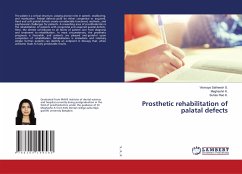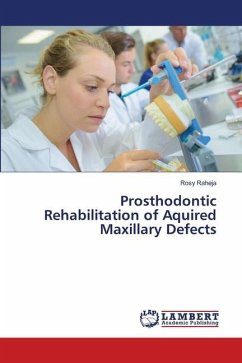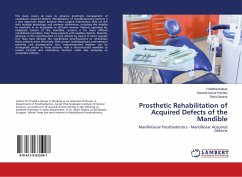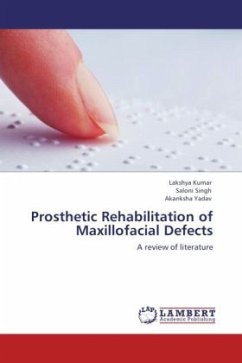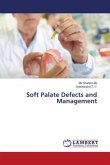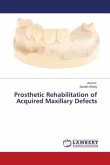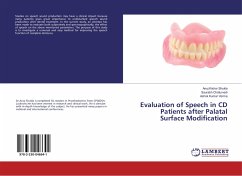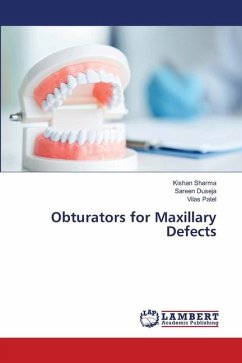The palate is a critical structure, playing pivotal roles in speech, swallowing, and mastication. Palatal defects could be either congenital or acquired. Hard and soft palatal defects create considerable functional, aesthetic, and psychosocial challenges for patients. A rewarding area of prosthodontics is the rehabilitation of patients with congenital and acquired palatal defects. Here, the dentist contributes to all facets of patient care from diagnosis and treatment to rehabilitation. In most circumstances, the prosthetic prognosis is favorable, and patients are pleased and grateful upon completion of rehabilitation. Rehabilitation is immediate and relatively simple; further, patients can identify an endpoint in therapy that, when achieved, leads to fairly predictable results.
Bitte wählen Sie Ihr Anliegen aus.
Rechnungen
Retourenschein anfordern
Bestellstatus
Storno

